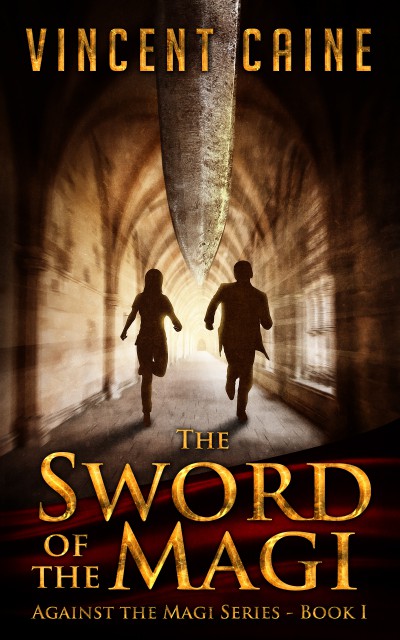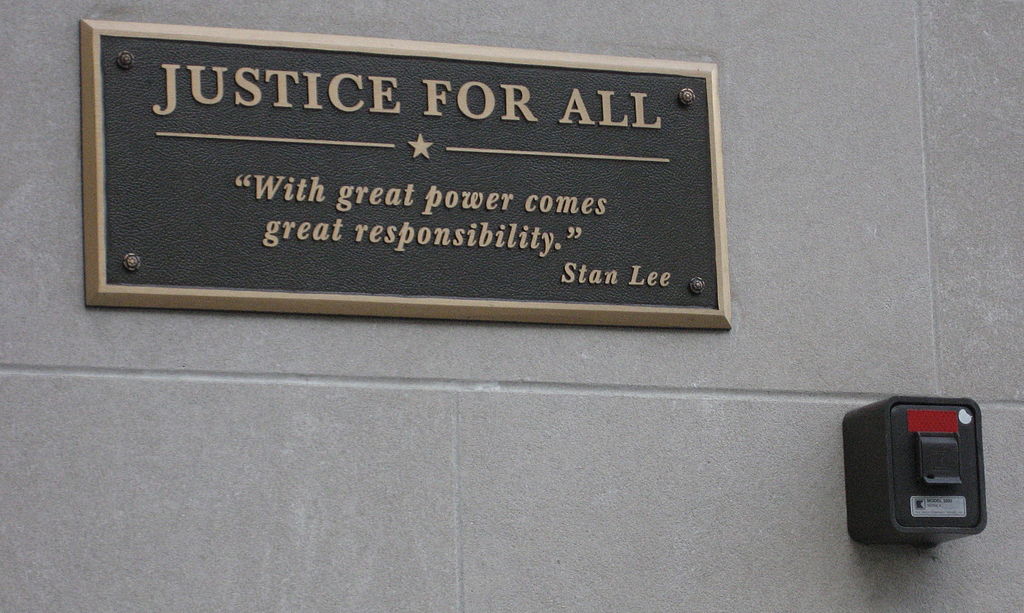I love it when I come across a word that sings in three or four different voices at once. Thriller writers don’t do enough of this!
They do use etymology and homographs in names. Take Greg Rucka’s excellent Alpha. The protagonist’s daughter is Athena, and she is called Gray Eyes. In one swoop, Rucka invests the daughter with a striking physical quality, wisdom, and martial prowess. The mythological Athena’s children are also said to have gray eyes – this myth helps to put our larger-than-life novel hero, Athena’s dad, up on a suitably heroic pedestal. Finally, one common Greek word for Athena’s epithet “gray-eyed” was glaukopis. One modern word we have that shares the “glaukos” root (gray), is glaucoma, a group of eye diseases that can lead to vision impairment. In the novel, our Athena is deaf. Is it too much of a stretch to say that this etymological doubling was purposeful? Probably! (Though I don’t know Greg, and he seems pretty thorough – so – maybe?) But purposeful or not, it is there, and it is delicious to note as you read through the book.
Another delicious name freighted with multiple meanings is MR Carey’s lead from The Girl with All the Gifts. Her name is Melanie. No need to wonder here. Melanie muses upon her own name’s meaning in the book – a passage which is in keeping with both the book’s and Melanie’s self-consciousness. Melanie means dark, and boy is she. Melanin – same root as Melanie – is a skin pigment that is associated with mutations, and she’s one of those, too (mutations, not pigments). The question here is why she wasn’t named Pandora, like the book is (Pandora means the all-gifted). Maybe the book isn’t really about her? Fun to think about.
So much for names. But at the granular word-by-word level, I am often disappointed in my fellow thriller writers. Of course, they’re far better at diction than so-called ‘literary fiction’ writers, whose purpose isn’t emotional evocation but peer puffery. Still, there is room for improvement: these etymological or homographic issues have all thrown me off at one time or another:
1. Enormous – Big, but also heinous. I get thrown when I see “enormous ice cream cone” if it’s supposed to be yummy ice cream. Enormous things are big and bad, not big and good.
2. Arrive – Thrillers tend to take place in exotic locales. Meetings in the middle of the ocean or in a space station shouldn’t use “arrive,” which means (etymologically) “to the shore.”
3. Deliver – Means (again etymologically) to set free. Please don’t deliver a man to jail! I’ve seen it written that way. I still have the scars.
4. Fire a weapon – Should only be used with weapons that actually require fire, like the earliest firearms, or, arguably, their direct descendants. Firing an arrow is just silly.
5. Orchid – Plant’s name means testicles. Jarring when someone writes that a housewife spent the day admiring her girlfriend’s orchids.
Better stop now. I mean, it’s not the biggest thing, right? It’s a fine point. You can have a great book while committing all kinds of errors, etymological and otherwise (front of the line in this is always Sister Carrie, amirite?).
But how delicious is it when the multiple meanings, whether etymological, homographical, or something else-ical, all converge and harmonize? It’s super delicious, that’s how delicious it is. I lurves it. I wants more of it. Let’s go, thriller writers.
Here’s a valedictory example. Look at Joss Whedon’s script for The Avengers when Loki confronts Agent Coulson. Coulson tells Loki that Loki is going to lose because he lacks conviction. He even pauses before saying “conviction,” and you can hear in that pause Joss saying listen up, everyone, I’m about to lay the literary smack down. And he does. OMG he does. The use of the word ‘conviction’ right there is awesome, easily on par with the famous ‘buckle’ from Hopkins’s “The Windhover” or “offices” from Hayden’s “Those Winter Sundays.” I get chills. Look at the meanings: con- gives us togetherness, which the heroes have – this is a superhero team movie – but Loki lacks; faith, which Loki is a twisted, poor reflection of when compared to Thor, despite Loki’s efforts at instilling faith throughout the movie; vict- from vincere, to conquer, which obviously; legality, playing on the law vs chaos theme; religion, which reflects the religion-and-science theme (look at the origins of the Avengers selected for this movie: almost all science, while one is a god); binding, as the themes are all bound together in that one word. The craftsmanship was beautiful. I want to see more of it.
Background image – Ken Billington, CC BY-SA 3.0








